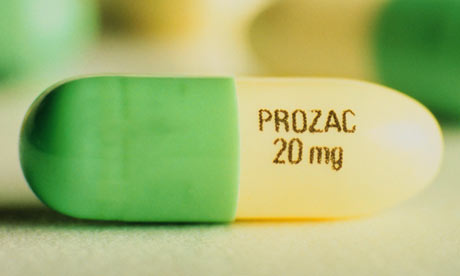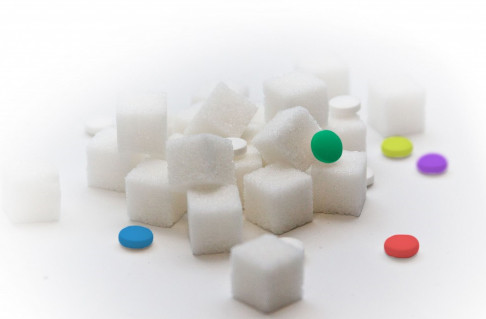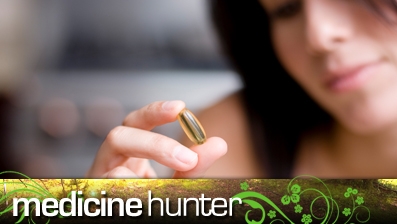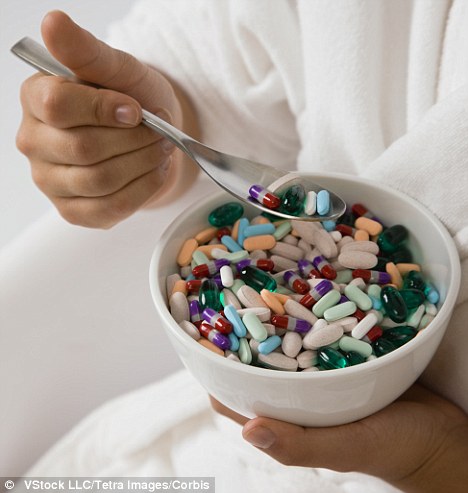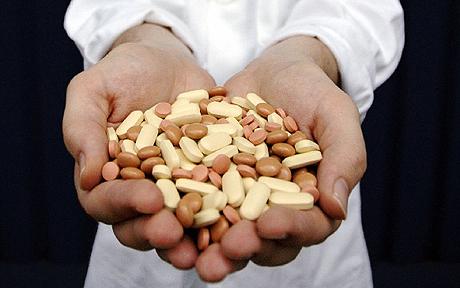
The Small Group of Thoughtful, Committed Citizens Has Been Drugged
Movements for justice have historically been driven by a small percentage of any population. One percent of Americans nonviolently occupying Washington, D.C., could make Cairo and Madison and Madrid look like warm-up acts. It is certainly true that a small group of thoughtful, committed citizens is the only thing that ever has changed the world for the better.
So, what happens if a society picks out a significant slice of its population, one including many thoughtful and committed citizens, and drugs them?

